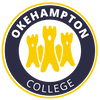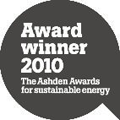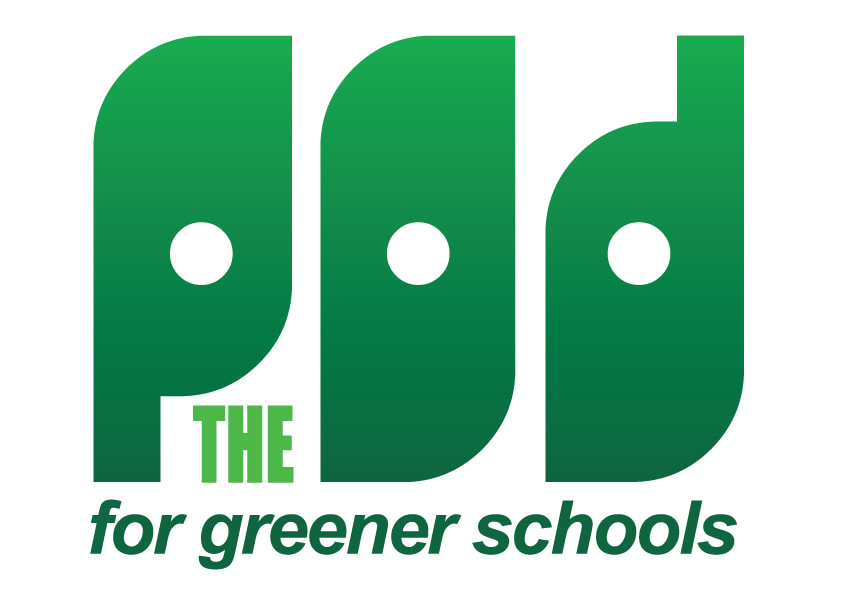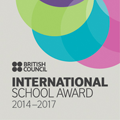Business and Economics - KS4
INTENT
Our knowledge-based curriculum at Okehampton College is designed that knowledge underpins and enable the application of skills to build success from KS3 through to level 3. The business environment is dynamic and complex, and we provide a robust and exciting business curriculum that is theoretically and practically apt for the global business environment. At Okehampton, the business curriculum aims to empower our students to be proactive, creative and confident in adapting to the challenges caused by the ongoing political, economic, environmental, social, legal and technological changes in our modern world. The curriculum is designed to give students life skills, entrepreneurial competencies and the ability to make effective decisions. This will enable our students to use qualitative and quantitative data to solve problems, both as consumers, prospective workforce or Entrepreneurs. Cultural Capital is embedded throughout the Social Sciences curriculum. Our business curriculum offers all our students the opportunity to analyse the impact business activities can have on the spiritual, social, moral and cultural developments of their generation and society. Students will develop in-depth knowledge and understanding of the ethicality of business operations with particular reference to fair trade, climate change and the corporate and social responsibility of all businesses in their wider communities. The Business curriculum is not only intended to challenge and stretch all our students to achieve their best academically, but also to motivate them to develop transferable positive work ethics which can be beneficial to them in the future. The curriculum goes far beyond what is taught in lessons, for whilst we want students to achieve the very best examination results possible, we believe our curriculum goes beyond what is examinable to include student individual own industry interests, backgrounds and future employment pursuits.
IMPLEMENTATION
We use all variety of resources and teaching strategies to ensure that students have a comprehensive knowledge of the examinations and are capable of going beyond what is taught in lessons. Techniques to help develop long-term memory and help students master subject content are embedded in the curriculum.
Key knowledge vocabulary are repeated over time time, ensuring all students practice retrieval, master skills and concepts, develop long term memory and make progress from starting points. The curriculum is focused on embedding challenge, metacognition, memory techniques, numeracy and literacy into our business curriculum. Teachers ensure lessons provide a supportive environment for all students including those with SEND, removing barriers to learning and participation through adaptive planning, modelling, scaffolding, explicit instruction, online support and metacognitive strategies. All staff in the department make full use of the Google applications for education and all students use this to access resources both in lessons and remotely by a purpose-built website. Accurate, regular assessment in books, end of topic tests and through an online platform smart revise, enables an informed and systematic judgement to be made about a pupil’s knowledge, understanding, skills and attitude. Students are provided with feedback and set ‘perfecting our knowledge and exam technique’ targets to close any learning gaps. Homework tasks allow students to reinforce learning and check for any misconceptions or misunderstanding so the learning gap can be closed. Students are given opportunities to consider how their learning links to future study and careers. Students make effective use of data to inform, analyse and evaluate current business affairs, UK and global economies which enables them to access the world of work outside of the school environment. We often use teamwork to build confidence and prepare them for further studies and the world of business outside of school.
The skills gained from a business A ‘Level are likely to include:
IMPACT
At the end of the Business curriculum, we hope that students will leave Okehampton enriched, ethicistic and retain a lifelong interest in business and economic matters. Students use the knowledge and skills they have gleaned from their studies to make sense of the working world and economy in which they live in. They will become more informed and mature citizens, consumers, entrepreneurs, employers or employees. Students will have the knowledge and understanding that provides them with the ability, confidence and independence to make critical assessments of scenarios they may face in a dynamic future business world or economy. Our students are aware that by studying Business they will be equipped with essential skills for adult life and will be better equipped to make sensible financial decisions and identify opportunities; they will be able to respond to internal and external influences. Our students should understand that effective decision-making means that self-interest and profit are not the only objectives to consider. Ethical and environmental sustainability considerations should be at the heart of decision making.
Our knowledge-based curriculum at Okehampton College is designed that knowledge underpins and enable the application of skills to build success from KS3 through to level 3. The business environment is dynamic and complex, and we provide a robust and exciting business curriculum that is theoretically and practically apt for the global business environment. At Okehampton, the business curriculum aims to empower our students to be proactive, creative and confident in adapting to the challenges caused by the ongoing political, economic, environmental, social, legal and technological changes in our modern world. The curriculum is designed to give students life skills, entrepreneurial competencies and the ability to make effective decisions. This will enable our students to use qualitative and quantitative data to solve problems, both as consumers, prospective workforce or Entrepreneurs. Cultural Capital is embedded throughout the Social Sciences curriculum. Our business curriculum offers all our students the opportunity to analyse the impact business activities can have on the spiritual, social, moral and cultural developments of their generation and society. Students will develop in-depth knowledge and understanding of the ethicality of business operations with particular reference to fair trade, climate change and the corporate and social responsibility of all businesses in their wider communities. The Business curriculum is not only intended to challenge and stretch all our students to achieve their best academically, but also to motivate them to develop transferable positive work ethics which can be beneficial to them in the future. The curriculum goes far beyond what is taught in lessons, for whilst we want students to achieve the very best examination results possible, we believe our curriculum goes beyond what is examinable to include student individual own industry interests, backgrounds and future employment pursuits.
IMPLEMENTATION
We use all variety of resources and teaching strategies to ensure that students have a comprehensive knowledge of the examinations and are capable of going beyond what is taught in lessons. Techniques to help develop long-term memory and help students master subject content are embedded in the curriculum.
Key knowledge vocabulary are repeated over time time, ensuring all students practice retrieval, master skills and concepts, develop long term memory and make progress from starting points. The curriculum is focused on embedding challenge, metacognition, memory techniques, numeracy and literacy into our business curriculum. Teachers ensure lessons provide a supportive environment for all students including those with SEND, removing barriers to learning and participation through adaptive planning, modelling, scaffolding, explicit instruction, online support and metacognitive strategies. All staff in the department make full use of the Google applications for education and all students use this to access resources both in lessons and remotely by a purpose-built website. Accurate, regular assessment in books, end of topic tests and through an online platform smart revise, enables an informed and systematic judgement to be made about a pupil’s knowledge, understanding, skills and attitude. Students are provided with feedback and set ‘perfecting our knowledge and exam technique’ targets to close any learning gaps. Homework tasks allow students to reinforce learning and check for any misconceptions or misunderstanding so the learning gap can be closed. Students are given opportunities to consider how their learning links to future study and careers. Students make effective use of data to inform, analyse and evaluate current business affairs, UK and global economies which enables them to access the world of work outside of the school environment. We often use teamwork to build confidence and prepare them for further studies and the world of business outside of school.
The skills gained from a business A ‘Level are likely to include:
- An understanding of how businesses/organisations operate.
- Strong communication skills (oral and written)
- Analytical and critical thinking.
- Problem solving.
- Decision making.
- Logical thinking.
- Presentation and report writing skills.
IMPACT
At the end of the Business curriculum, we hope that students will leave Okehampton enriched, ethicistic and retain a lifelong interest in business and economic matters. Students use the knowledge and skills they have gleaned from their studies to make sense of the working world and economy in which they live in. They will become more informed and mature citizens, consumers, entrepreneurs, employers or employees. Students will have the knowledge and understanding that provides them with the ability, confidence and independence to make critical assessments of scenarios they may face in a dynamic future business world or economy. Our students are aware that by studying Business they will be equipped with essential skills for adult life and will be better equipped to make sensible financial decisions and identify opportunities; they will be able to respond to internal and external influences. Our students should understand that effective decision-making means that self-interest and profit are not the only objectives to consider. Ethical and environmental sustainability considerations should be at the heart of decision making.







